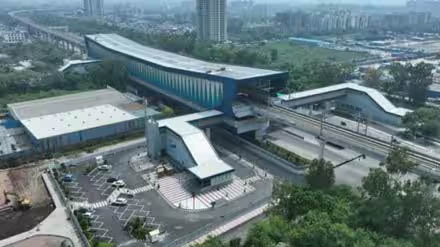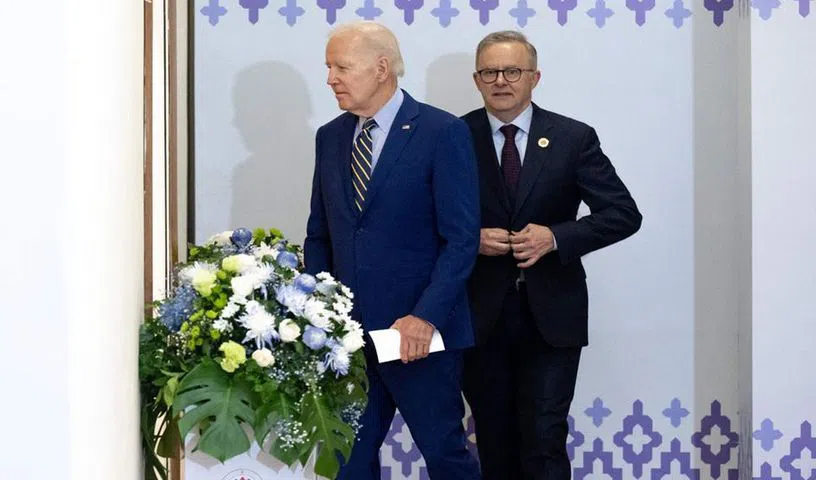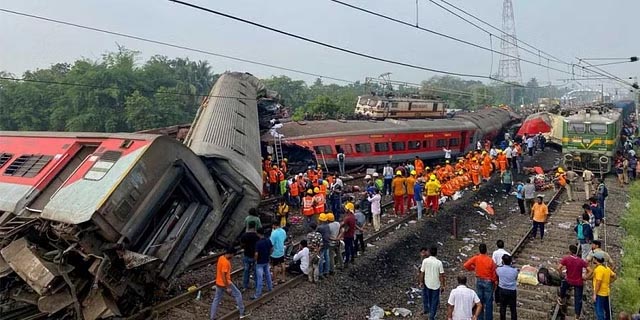
NCRTC: The National Capital Region Transport Corporation (NCRTC), which is building the Delhi-Meerut Regional Rapid Transit System (RRTS), will provide adequate parking facilities to passengers of Namo Bharat trains across the runner. To encourage the use of public transport, the parking spaces being developed at RRTS stations will accommodate over 8,000 vehicles (1,600 passenger cars and over 6,500 two-wheelers), the agency said on Thursday. At all 25 stations along the entire RRTS corridor from Delhi to Meerut, parking spaces are being developed keeping in view the expected crowd at these stations. “The largest parking space is at Meerut South station where around 300 cars and 900 two-wheelers can be parked. The second major parking space is being developed at Sarai Kale Khan station in Delhi, where around 275 cars and 900 two-wheelers will be able to be parked. In these parking spaces, electric charging stations are also being set up to enhance convenience, adopt clean energy and have efficient last-mile connectivity,” the NCRTC said. Further, keeping in mind the movement of specially abled passengers, separate spaces have also been reserved to park their vehicles and ramps have also been built to facilitate entry into the station, so that they can avail the facilities to travel in the train without any problem.
The NaMo Bharat train services connect the regional nodes of the National Capital Region at high speed. The RRTS stations are strategically located at an average distance of 5-10 kilometres. Adequate spaces have been reserved for passengers to park their private vehicles at the stations, the statement said. This will not only provide a comfortable, safe and reliable journey on NaMo Bharat but will also significantly reduce the burden of private vehicles on the Delhi-Meerut route, it said. In the long run, this will reduce traffic accidents and also help in reducing air pollution, it said. “It is estimated that with the implementation of the entire Delhi-Meerut Corridor, the share of public transport will increase from the current 37 per cent to 63 per cent. The NCRTC is also working to provide various last mile connectivity options to commuters and has recently invited expressions of interest to provide a variety of feeder services at all 25 stations,” the statement said. Currently, there is no parking charge for commuters who come only for pick-up and drop-off, as they can park their vehicles for free for the first 10 minutes.
Also, a fare structure will be applicable, which is for up to six hours, Rs 5 for cycles, Rs 10 for two-wheelers and Rs 25 for cars; for 6 to 12 hours, Rs 5 for cycles, Rs 25 for two-wheelers and Rs 50 for cars; and after 12 hours till the end of RRTS operating hours, Rs 10 for cycles, Rs 30 for two-wheelers and Rs 100 for cars. Overnight parking during non-operational hours will attract a fee of Rs 20 for cycles, Rs 60 for two-wheelers and Rs 200 for cars. A 34-km stretch of this corridor is already operational for the public with eight RRTS stations where parking spaces have been provided to commuters. These parking spaces also have facilities for parking auto rickshaws. Special provisions have been made for pick-up and drop-off facilities at the stations. Additionally, the NCRTC also plans to set up battery swapping stations in its parking areas for both commuters and last-mile service providers. This initiative will promote sustainable modes of transport at an affordable cost for commuters. The 34 km operational section between Sahibabad and Modi Nagar in the north of the Delhi-Ghaziabad-Meerut RRTS corridor connects Sahibabad, Ghaziabad, Guldhar, Duhai, Duhai Depot, Murad Nagar, Modi Nagar South and Modi Nagar North. The NCRTC expects the entire route between Delhi and Meerut to be completed by June 2025.





